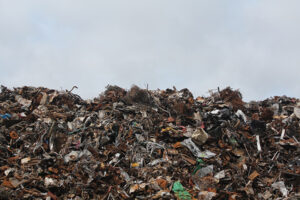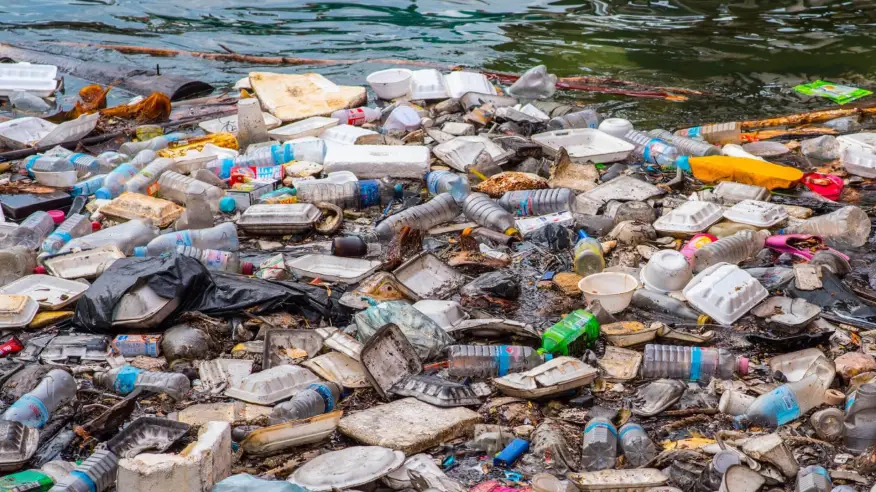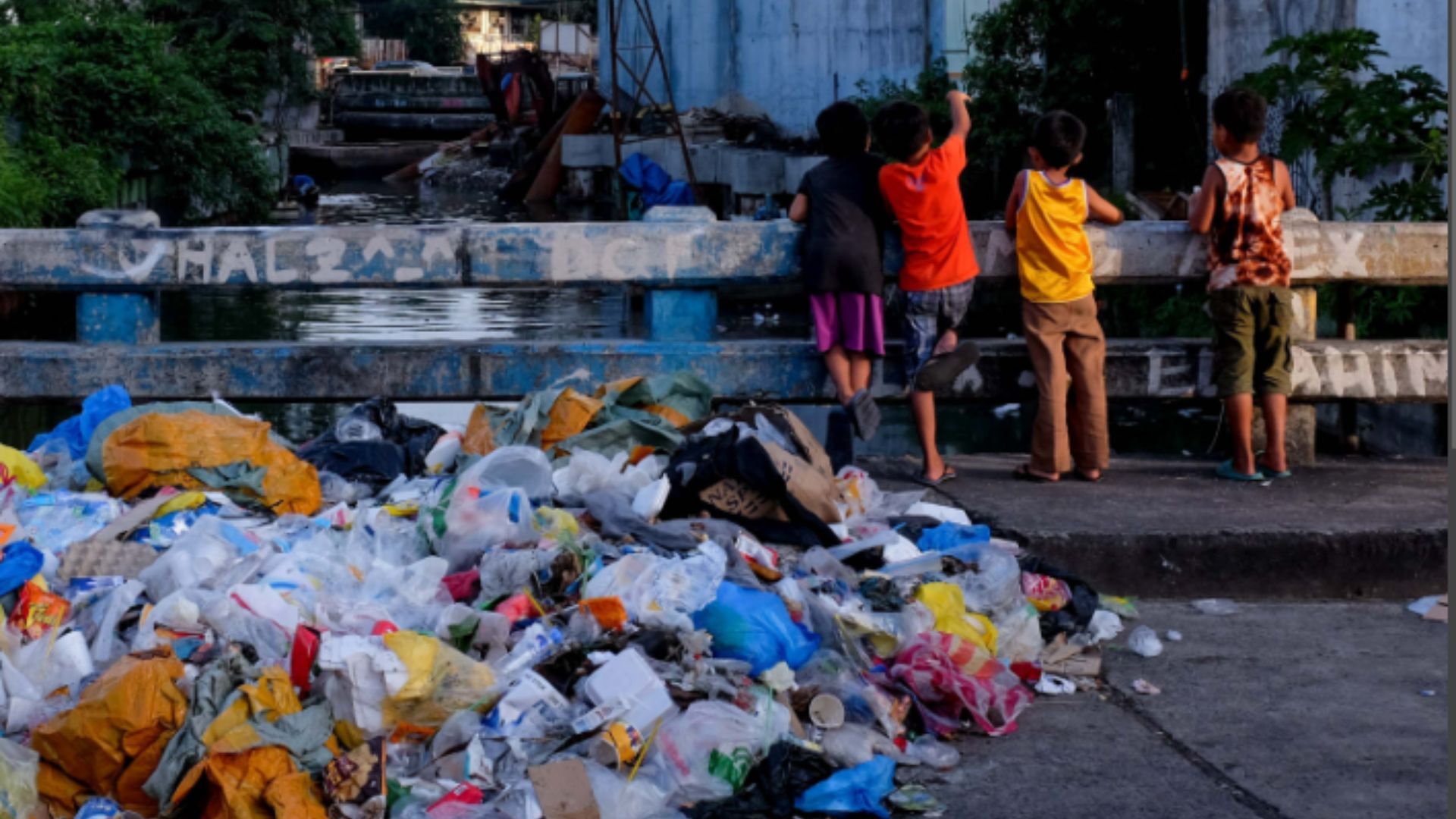Garbage, a ubiquitous aspect of human existence, encompasses a broad spectrum of discarded materials. From household waste to industrial byproducts, understanding the nature of garbage is crucial for addressing environmental concerns. Therefore, this article delves into the various facets of garbage. Hence, shedding light on its composition, environmental implications, and the imperative for responsible waste management.
The Diversity of Garbage
To begin with, garbage is a mosaic of diverse materials, ranging from biodegradable organic matter to non-biodegradable plastics and metals. This amalgamation poses a challenge for effective waste management. Transitioning from natural to synthetic materials has exponentially increased the complexity of waste streams, necessitating innovative solutions for sorting, recycling, and disposal.
The Environmental Toll
Transitioning into the environmental domain, the impact of garbage is profound. Hence, improper disposal and unchecked waste accumulation contribute to pollution, soil degradation, and the endangerment of wildlife. Plastics, a significant component of modern garbage, pose a persistent threat to marine ecosystems, highlighting the urgent need for sustainable practices to mitigate environmental harm.

The Lifecycle of Garbage
Examining the lifecycle of garbage reveals a dynamic process from creation to disposal. Production, consumption, and disposal are interconnected phases, each influencing the volume and composition of waste. Understanding this cycle is pivotal for devising strategies that prioritize reduction, reuse, and recycling, thereby minimizing the overall environmental footprint of discarded materials.
Transitioning Towards Sustainable Practices
Furthermore, in the face of escalating environmental concerns, a global shift towards sustainable waste management practices is imperative. Transition words like “however,” “nevertheless,” and “conversely” play a crucial role in signaling a shift in focus. Recycling, composting, and waste-to-energy initiatives are essential components of a sustainable future, fostering a circular economy that prioritizes resource efficiency and minimizes environmental impact.
Challenges and Opportunities
Despite the growing awareness of the consequences of excessive waste generation, challenges persist. Economic considerations, infrastructural limitations, and societal habits pose hurdles to widespread adoption of sustainable waste management practices. Nevertheless, these challenges present opportunities for innovation, policy development, and community engagement to create a more resilient and eco-friendly waste management infrastructure.
Emerging Technologies in Waste Management
Moreover, as we confront the challenges posed by escalating waste, technology emerges as a beacon of hope. Advanced sorting technologies, artificial intelligence-driven recycling processes, and innovations in waste-to-energy conversion are transforming the landscape of waste management. These technological advancements not only enhance the efficiency of waste processing but also contribute to the creation of a more sustainable and resource-efficient future. Transitioning towards these cutting-edge solutions marks a pivotal step in our collective journey to alleviate the burden of garbage on the environment.
The Role of Education and Advocacy
Beyond technological innovations, education and advocacy play a fundamental role in reshaping societal attitudes towards garbage. The power of awareness campaigns, educational programs, and community initiatives cannot be overstated. By fostering a deeper understanding of the consequences of irresponsible waste disposal and promoting the benefits of sustainable practices, we can inspire individuals to make conscientious choices. Governments, non-profit organizations, and businesses alike must collaborate to amplify the impact of these initiatives. Therefore, creating a groundswell of support for responsible waste management practices that resonate at both individual and societal levels.
Conclusion
In conclusion, the nature of garbage is not a mere byproduct of human activity but a dynamic entity with far-reaching consequences. Recognizing the diversity of waste materials, understanding its environmental toll, and actively engaging in sustainable practices are crucial steps towards addressing the global waste crisis. By embracing responsible waste management, individuals, communities, and nations can collectively work towards a cleaner, healthier planet.



